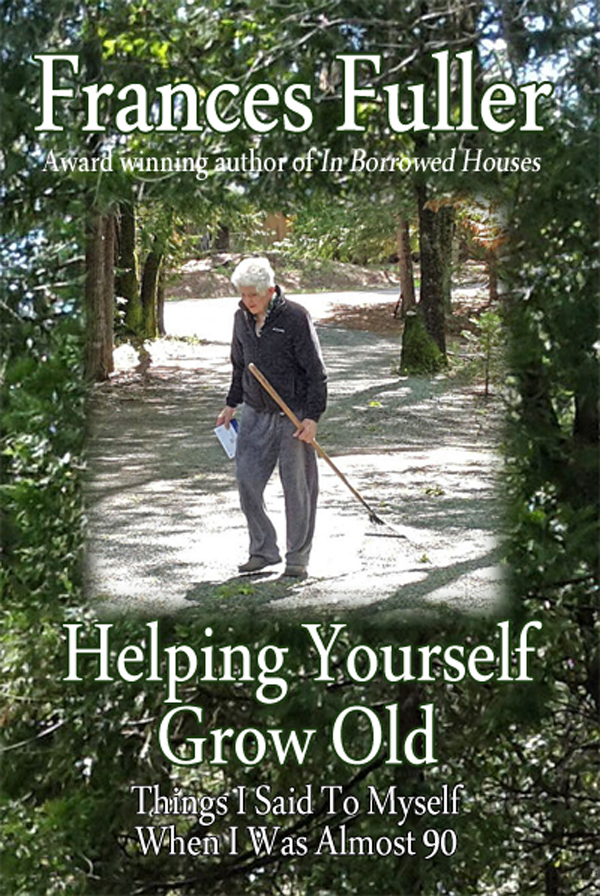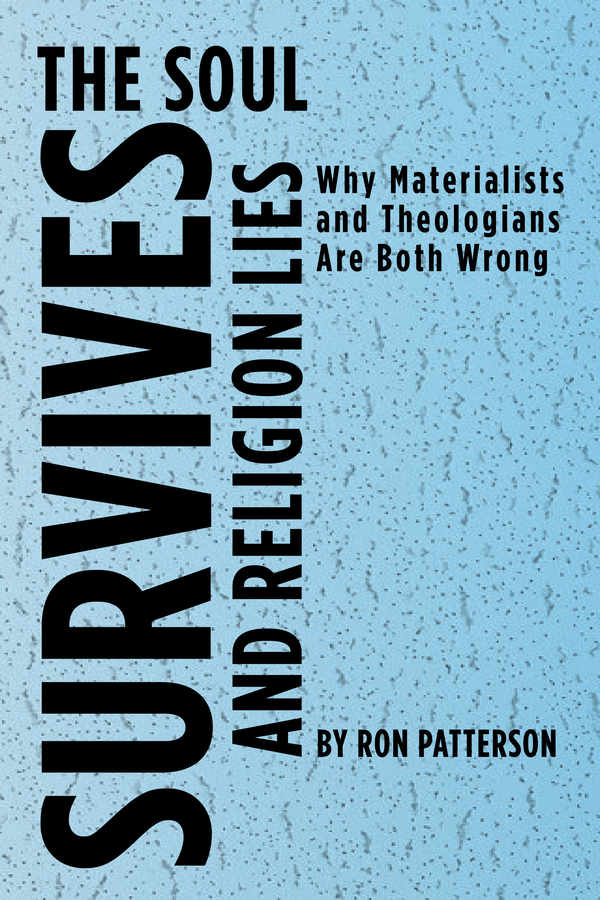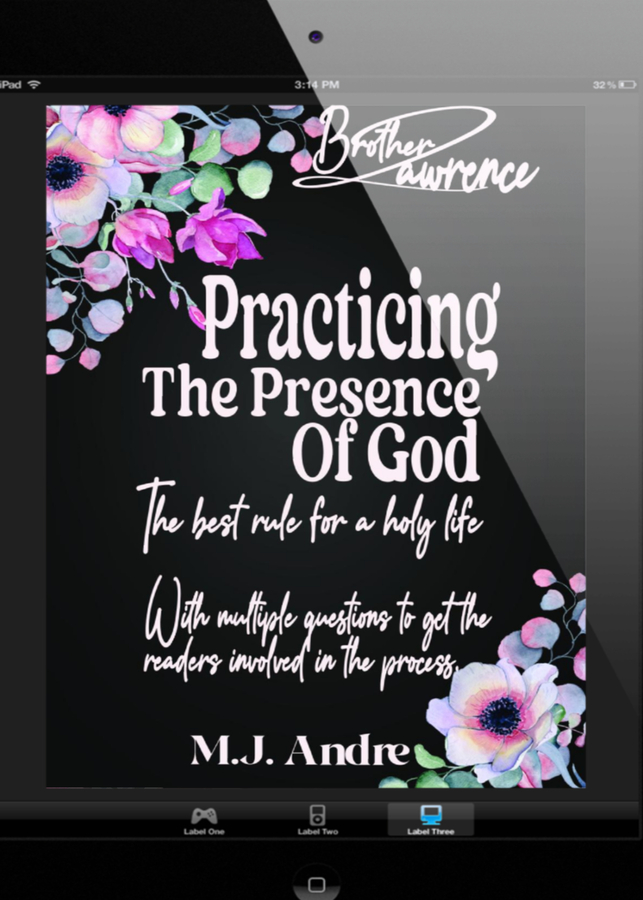Best-selling author Frances Fuller offers an insider’s view of assisted living and a unique outlook on aging, based on her own experience. Her insights are penetrating and deal with issues that many seniors and their families are concerned about.
WILMINGTON, NC, July 11, 2024 /24-7PressRelease/ — There are many reasons why having skilled nursing available in an assisted living facility is vitally important. Some are obvious and others are not so obvious. These include day to day care, chronic disease management, emergency response situations, rehabilitation plans, medication managements and peace of mind for family members. Frances Fuller, author of the bestselling book on aging, ‘Helping Yourself Grow Old, Things I Said To Myself When I Was Almost Ninety’, addressed this issue in an article posted on her site. In that article, she wrote in part:
This is a question to raise when you are choosing a place to spend your final years. In fact, the question is fundamental to the issue of a secure future.
Living in a retirement community will not cure your diabetes or your osteoarthritis. It will not even guarantee that you will not fall getting out of the shower.
A stranger wrote an Amazon review of my book, In Borrowed Houses, and spoke about thought-provoking passages that had turned her attention to the international problem of homelessness. Then she said: “On a personal level, I discovered just how borrowed a home is, so this book spoke to me on many levels.”
That little note made me happy, because the story in my book does make the point in many different ways that a house, any house, no matter how we got it, no matter how much we love it or how much we have invested in it, can be lost. In fact, it will be lost, because sooner or later, in one way or another, we must leave it. This includes our house, or an apartment in a retirement community.
It happens regularly in the building in which I live. People move away, unable anymore to deal with the requirements of Independent Living. This is not a tragedy, though, because the system here gives us the right to move over to Assisted Living when we need more help or even to Skilled Nursing if we require medical attention. In fact, the administration will take responsibility for moving us.
I bring it up now because people ask a lot of questions about homes for the elderly. They should. Moving for the last time (you hope) is a big deal. It probably requires you to leave a place you love, so you want the new place to be one you really like. A lot of your questions are probably related to that. You wonder if you can still live the way you want to live. And you want to feel secure.
A part of security is simply knowing that you will stay there. You will neither want to leave nor need to leave. This is why one of the questions you need to ask relates to that part of the home where you will go when you are confined to bed, either by illness or imminent death. You also may be sent there for intense, daily rehab.
But many elder homes lack such a department. When residents get ill, they often go first to a hospital, where they are diagnosed and receive emergency treatment. When they are ready to be dismissed but still need treatment and rehabilitation, or if their case is terminal, they will likely be sent to a nursing home. If the place they have chosen to live includes a nursing department, they will be going “home.”
Though they will not be in their own apartment, they will be in a part of the community they know, another wing of the building they live in, or across the lawn, in a place where they have visited friends. They may know someone who is there in the memory care section.
But the great practical value is that they probably have already paid for it. Some homes work this way. You pay a price, based on the size of your apartment in Independent Living, but when you move, of necessity, to Assisted Living or Skilled Nursing, you may owe nothing more. It is covered by what you pay for rent. This is usually called a Life Plan.
Of course, you must be careful to verify this, but often the apparently expensive place seems so because you have literally paid for whatever accommodations you need. You can move to Assisted Living and then to Skilled Nursing without your rent going up.
Most of the costs you will occur in Skilled Nursing are medical insurance issues. They may be covered by policies you own.
When I was looking for a place to spend the final years of my life, I turned down a place that I basically liked, except for the nursing ward, which was shabby, sad and depressing. Because I hoped aloud never to be there, my daughter said, “Then you never will,” and scratched the establishment off our list.
The full text of the blog is available at https://www.inborrowedhouseslebanon.com/is-there-skilled-nursing/.
Frances Fuller’s book is unique among the many books on aging, because it is personal, while most such books are written from an academic point of view. Most are penned by sociologists, doctors, gerontologists, even the CEO of AARP, and one by a Catholic nun, Joan Chittister. Chittister’s book, ‘The Gift of Years’ is beautifully written, focusing on spiritual values and finding meaning in life. Chittister admits in the preface that she was only 70, which is the front edge of aging, and her book is somewhat abstract.
Atul Gawande’s book, ‘On Being Mortal’, relates medicine and old age, It enjoys high Amazon rankings, in the category of “the sociology of aging.” It contains a great deal of valuable scientific information and shows understanding of the physical and emotional needs of the elderly.
Frances Fuller’s book, ‘Helping Yourself Grow Old, Things I Said To Myself When I Was Almost Ninety’, is an up-close and very personal encounter with aging. It is an uncontrived and firsthand look at her own daily experiences: wrestling with physical limitations, grief, loneliness, fears, and the decisions she has made about how to cope with these and keep becoming a better person. She faces regrets and the need to forgive herself and others and is determined to live in a way that blesses her children and grandchildren.
Frances deals with many common, universal but sometimes private issues in an open, conversational tone. Her confessions and decisions invite self-searching and discussion. She tries to make sense of her own past and to understand her responsibility to younger generations. In the process she shares her daily life, enriched with memories from her fascinating experiences. Her stories and her voice — fresh, honest, irresistible — keep the reader eager for more. The end result is a book that helps create a detailed map through the challenging terrain of old age.
The result of this intimate narrative is that readers laugh, cry and identify with her mistakes and problems. Reviewers have called the book, “unique,” “honest,” “witty,” “poignant,” “challenging” and “life-changing.”
For these reasons it is a book unlike any other book on aging you will ever read. The book can serve as a primer on what lies in store for all of us, from someone who is working through many of these issues. While the book is a perfect fit for book clubs, there are many other individuals and groups who could benefit from the information and ideas in the book:
Those approaching retirement
People who are currently retired
Children of aging parents
Those who have lost a spouse
Retirement community discussion groups
Counselors
Educators
Life coaches
Church groups (men and women)
and a host of others. For group discussions, Fuller has made a set of discussion questions available at her website at http://www.FrancesFullerAuthor.com.
Readers have lavished praise on the new book. One Amazon review stated, “I find myself thinking,’I need to read this again and take notes!’ It’s full of wisdom, humor, and grace. I also have committed to rereading it annually – it’s that important!” Another said, “There is valuable life experience in this book. Helping Yourself Grow Old is truly is a book for all ages, and one not to be missed.” Another stated, “Beautifully written book telling timeless truths, for both the old and the young. Highly recommend this book for anyone who loves to laugh, cry, and learn wisdom from someone who has lived so much life.”
Frances’ prior work, ‘In Borrowed Houses’, has taken three industry awards and has achieved Bestseller status. Frances Fuller was the Grand Prize winner in the 2015 ’50 Great Writers You Should Be Reading’ Book Awards. It received the bronze medal for memoir in the Illumination Book Awards in 2014. Northern California Publishers and Authors annually gives awards for literature produced by residents of the area. In 2015 ‘In Borrowed Houses’ received two prizes: Best Non-fiction and Best Cover.
Critics have also praised ‘In Borrowed Houses.’ A judge in the 22nd Annual Writer’s Digest Self-Published Book Awards called ‘In Borrowed Houses’ ” . . a well written book full of compassion . . . a captivating story . . . “. Another reviewer described the book as “Wise, honest, sensitive, funny, heart-wrenching . . .”. Colin Chapman, lecturer in Islamic Studies at the Near East School of Theology in Beirut said, ” . . . western Christians and Middle Eastern Christians need to read this story…full of remarkable perceptiveness and genuine hope.”
Frances has shared stories about her life in an interview with Women Over 70, and a recording is available on their Facebook page.
Frances Fuller is available for media interviews and can be reached using the information below or by email at [email protected]. The full text of her latest article is available at her website. Fuller’s book is available at Amazon and other book retailers. A free ebook sample from ‘In Borrowed Houses’ is available at http://www.payhip.com/francesfuller. Frances Fuller also blogs on other issues relating to the Middle East on her website at http://www.inborrowedhouseslebanon.com.
About Frances Fuller:
Frances Fuller spent thirty years in the violent Middle East and for twenty-four of those years was the director of a Christian publishing program with offices in Lebanon. While leading the development of spiritual books in the Arabic language, she survived long years of civil war and invasions.
—
For the original version of this press release, please visit 24-7PressRelease.com here





